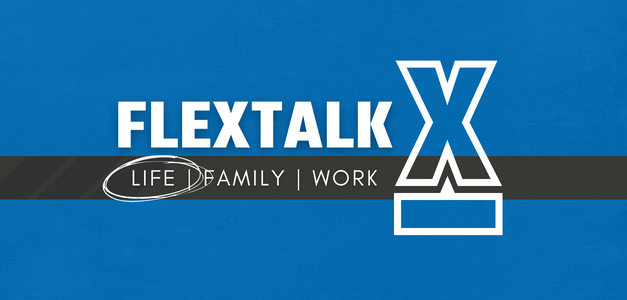When a vintage Chevelle or pristine ‘64 Impala cruises down your street, something magical happens. Heads turn, conversations pause, and people smile. Classic cars aren’t just old vehicles collecting dust in garages—they represent something deeper. These machines carry stories, preserve legacies, and connect communities in ways that go far beyond their chrome bumpers and rumbling engines.
Family Legacies on Four Wheels
Most classic car enthusiasts didn’t just stumble into the hobby. A grandfather’s weekend garage sessions, a father’s careful restoration work, or an uncle’s weekend cruise nights planted the seeds. These vehicles become family heirlooms passed down through generations, carrying memories alongside their V8 engines.
That restored Impala sitting in the driveway isn’t just transportation, it’s a keeper of memories. Every turn of the wrench connects the current owner to family history. Sons learn from fathers, granddaughters work alongside grandmothers, and the emotional bond drives the desire to preserve these mechanical time capsules. The car becomes a bridge between past and present, maintaining family connections through shared passion and sweat equity.
Rolling History: Culture, Identity, and Pride
Why classic cars still matter today is evident when considering stories about different eras, communities, and cultural movements. The lowrider scene exemplifies this perfectly, where custom modifications transform vehicles into rolling art galleries. Each paint job, hydraulic system, and custom wheel represents hours of careful craftsmanship and cultural pride.
Restoration goes beyond returning cars to factory conditions. Owners express themselves through design choices—from candy paint finishes to intricate pinstriping. These modifications celebrate heritage while showcasing individual creativity. If you’re curious about joining this artistic journey, understanding how much it costs to build out a lowrider frames the investment in cultural expression.
Community and Connection
Classic car gatherings create unique social spaces where age, background, and social status take a backseat to shared appreciation. Weekend car shows and cruise nights bring together diverse groups united by their love of automotive history. Experienced builders mentor newcomers by sharing technical knowledge and preserving craftsmanship traditions.
These events showcase more than polished paint and perfect interiors. They celebrate the dedication required to keep automotive history alive. Conversations flow naturally between generations as owners share restoration stories, maintenance tips, and family connections to their vehicles. The community encourages education, supports newcomers, and maintains the culture for future enthusiasts.
A Meditative, Meaningful Hobby
Working on classic cars provides therapeutic benefits that modern life often lacks. The hands-on nature demands focus and pushes daily stress into the background. Problem-solving mechanical issues, creating custom solutions, and seeing tangible progress offers satisfaction that digital work rarely provides.
This hobby forces people to slow down, think critically, and work with their hands. It creates opportunities to disconnect from screens and connect with family members or friends over shared projects.
Classic cars are more than metal and still matter today because they preserve human stories worth sharing. They represent craftsmanship, dedication, and the human desire to create something beautiful and lasting. These machines may be built from steel and chrome, but their true value lies in the people and stories they represent.
- What object, hobby, or tradition has been passed down in your family that connects generations—similar to how classic cars do for some families?
- Have you ever worked on a hands-on project (like restoring a car) with a loved one? What did you learn—not just technically, but emotionally or relationally?
- How do cultural or community traditions—like lowrider culture—help people express identity and preserve heritage? What’s one tradition that matters to you?
- In today’s digital world, why do you think slow, intentional hobbies like car restoration are so meaningful for some people?
- What’s something from your past—an object, memory, or experience—that still holds deep emotional value for you today? Why does it still matter?


